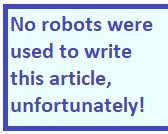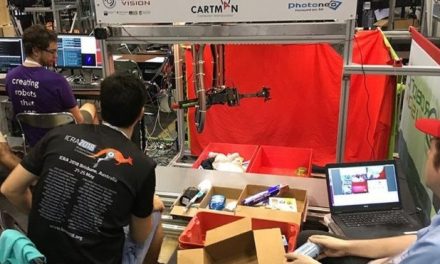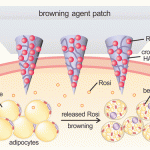 Technology is popping up all the time with new and improved writing aides like inline thesauruses, grammar and spell checkers to make it easier to write quickly with fewer errors. Hearkening back to years past when machine translation was so cumbersome, it would have been difficult to imagine how good (I know not great yet) automated language translation has become, in large part to Google’s ability to gather so much translated inline data. There is a newer initiative going on that gives the same feeling also powered by Google. The Google Digital News Initiative started in 2015 , with a commitment by the search engine giant to invest over $170 million to support digital innovation in newsrooms across Europe.
Technology is popping up all the time with new and improved writing aides like inline thesauruses, grammar and spell checkers to make it easier to write quickly with fewer errors. Hearkening back to years past when machine translation was so cumbersome, it would have been difficult to imagine how good (I know not great yet) automated language translation has become, in large part to Google’s ability to gather so much translated inline data. There is a newer initiative going on that gives the same feeling also powered by Google. The Google Digital News Initiative started in 2015 , with a commitment by the search engine giant to invest over $170 million to support digital innovation in newsrooms across Europe.
Google has recently sent some of that money approximately $800,000, to UK-based news agency, The Press Association to fund the Radar (Reporters And Data And Robots), project. The Radar software design project will utilize Natural Language Generation (NLG), a subfield of artificial intelligence, with the lofty goals to eventually generate upwards of 30,000 local news stories a month. The plan is to have just a few human journalists that manage the entire process. They will be responsible for finding stories, creating data sets and editing the tens of thousands of articles the automated story writing technology cranks out. NLG is meant to produces accurate writing as output on the basis of data sets it is fed. The Radar robots will not only write the stories, but will handle embedding media like photos, graphics and videos.
These kind of automated ventures are on the one hand intriguing, but also raise the specter of putting a lot of people out of work. In a press release , Press Association Editor-in-Chief Peter Clifton proclaimed Google’s investment as a “genuine game-changer,” and attempted to address concerns of robots taking jobs from writers. Clifton emphasized that the initiative will focus on articles that might not otherwise be written up as local newspapers continue to die off and also added that: “Skilled human journalists will still be vital in the process.”










